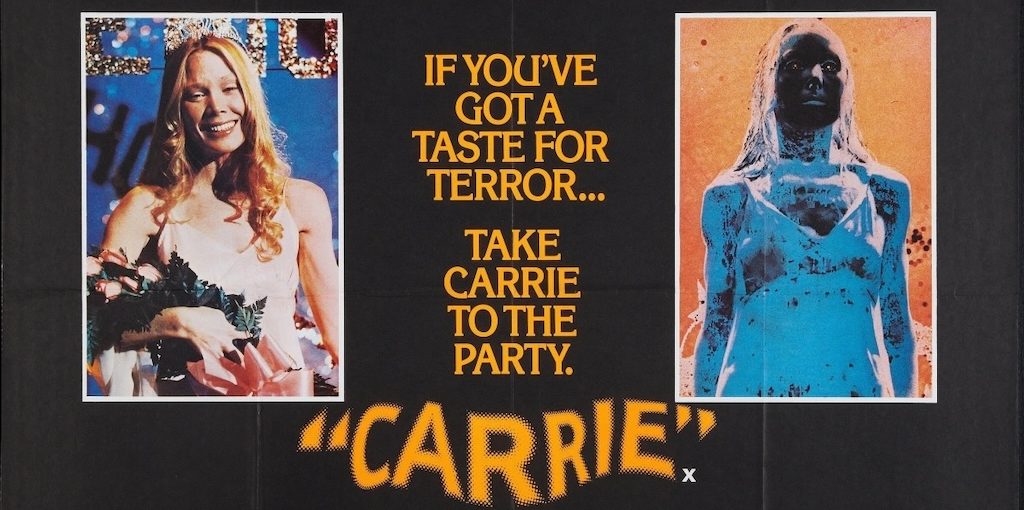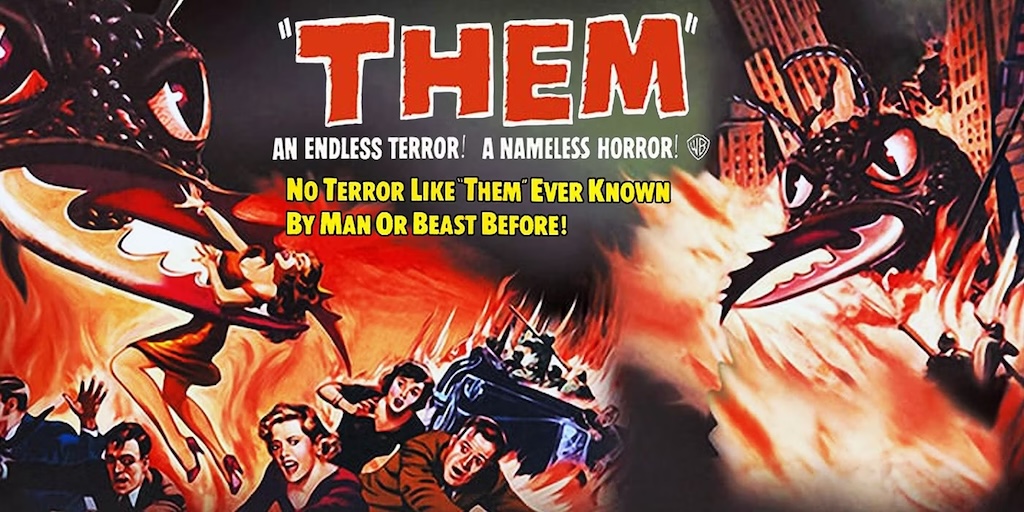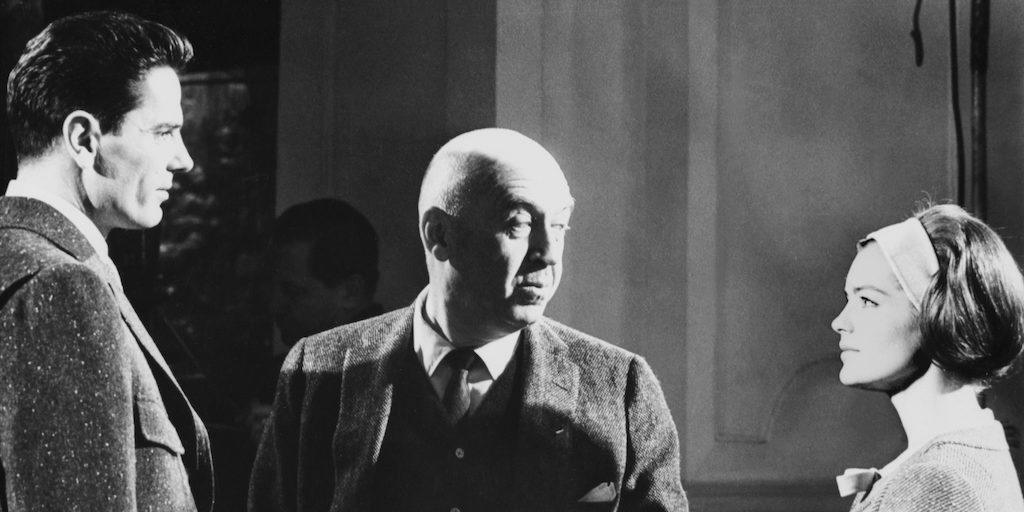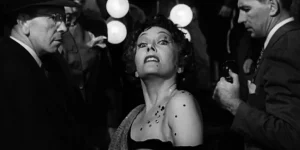FROM SELF-AWARENESS TO MEGALOMANIA
Halfway through the 1960’s, Roberto Rossellini, surely the finest director Italian cinema has ever offered and one of the finest auteurs of European films in general, decided to quit filmmaking.
Or rather should be said that he abandoned a way of filmmaking known by fictional plots and imaginary characters living imaginary situations or imagined by the auteur.
For Rossellini cinema was exhausted as it is. And the film medium should be employed to make “educational films”; TV Movies in all due rigor, but that partially kept certain technical elements that were already canonical within films of complete fiction. Shots, cutting, editing, even the use of the out-of-field.
The historical or geographical-historical construction was, of course, allowed.
Thus came Socrates, Acts of the Apostles, Augustine of Hippo, The Age of the Medici and –among others– The Taking of Power by Louis the XIV.
We have seen almost all of them and they punctually fulfill their functions. They are not lowly didactic, and even less partisan. Of course, there is a critical perspective outlook in all of them. But the viewer ends up being informed rather than illustrated, in a manner that is part representation and part presentation of the historical figure, his different stances and actions.
By the way we are not dealing here with any attempt in folklorizing anthropology, where an European is looking out for exoticism with pretentions of progressive reformation, when in rigor ends up taking pictures of rarities for the petty bourgeois, who enjoy –or should we say enjoyed– the benefits of the welfare state.
Even –and why we should not include it– Rossellini himself, in agreement with all this, wrote and published a book-manifesto on his new form of approaching cinema, by the way without falling –this is on our account– in the cinematograph. Its title leaves no room for doubt: “He who is born free should not be raised to be a slave.”
Rossellini, a Roman of old lineage, son to an architect who built in illo tempore the first movie theaters in the city, and as the cotemporary Italian he also was, he oscillated in his didactically oriented manifesto with the same skill and cunning he always had to balance life and work, business, love, excuses, the taking of blows left and right, and an also skillful dancer between Marxism and Christianism. Already by then a classical Italian mix that later on, for reasons we have made explicit in a previous column for this publication, ended up in urban terror, massacre, assaults and assassination. The compromesso storico, created by the duo of Berlinguer-Aldo Moro, diluted with the assassination of the latter and after leaving his corpse abandoned in the trunk of a car parked at the via delle Botteghe Oscure, near the Communist Party central committee. They also took care of Pasolini, just in case.
But well, we still have the didactic-dramatic films of Rossellini left and in this no man’s land that has transformed into something still known geographically as the Western world, while Europe or that which is European is, in a rather vague manner, a visible, manageable attempt of remembering, while it is still possible and we are not locked up into bunkers, the things we were by way of these exemplary lives in this case shot by a filmmaking Plutarch.
Coppola, a transatlantic Roman, born in Lucania ––as was the paternal family of who pens this writing–, that is Roman and Greek, has, or rather was until not so long ago, characterized his film oeuvre as –among many other merits– being that of an auteur centered in the Real-Politik. We believe that science or philosophy and, still and above all, political theology cannot nor should still be the same after The Godfather saga, Apocalypse Now or Tucker: The Man and His Dream. No vagueness, or indecisive limbos, even in his opera minora (Peggy Sue Got Married, Gardens of Stone) he knew perfectly how to organize these deviations from his main body of work.
But, of course –and this on our account and from our own theoretical outlook– self-awareness is a moment of thinking and poetizing where its productions no longer want to accompany History, but look out to be integrated to it. To be History.
Here we are not talking about “Utopia”, because if that was the case the concept itself was terribly understood when the term or philosophical-literary genre was coined by Thomas More, shortly before his beheading and becoming, centuries later, the patron saint of intellectual work.
That is “U-Topos”, “there is no such place”. Precious antecedents are “Plato’s Republic”, as well as posterior attempts such as La cittá del sole, by Calabrian monk Tomasso Campanella.
Alright. All of them, starting with the platonic dialogue have a speculative oblique nature that we have tried to figure out in other writings and seminars. In order to not repeat ourselves, it is about a conscious, or rather self-conscious exaggeration of certain political-philosophical-theological stances, extreme in their perfection and kindness, so even a slightest part of such proposals would be taken by the princes and rulers as reforms to employ into practice for their rule.
It asks too much, exaggeratedly and even boasting in fine, as Plato who ends up saying that “this”, hundreds of pages and proposals, can never be possible to be carried through, so they can, insidiously, have some of them smuggled into the intellect of the current rulers.
The twentieth century was not up to these philosophical-literary past-times and chose to create what was fittingly called “anti-utopias”. Its name is legion. The most resorted to, factionist and mediocre, is Orwell’s “1984”; one rather more demanding, literarily speaking, is Aldous Huxley’s Brave New World, and the masterpiece of them all is the still little-known Lord of the World (1907), by catholic priest F.H. Benson.
With all this behind him, Coppola –the Atlas of self-awareness– could not, we supposed, descend into this late romantic daydreaming chaos. Even more so and without that many deviations, what this pot-purri of technical vanities and aesthetical trivialities lacking of any form, of a brazen puerility trying to be covered by the unctuous cream of cybernetic novelty, all this –we say– like if it was not enough, was already established, played, interpreted, if not resolved a fortiori in a previous film like Tucker: The Man and His Dream.
In Megalopolis we are not in the face of self-awareness, even less beyond it, which is impossible, but in the face of megalomania. Something that could be noticed with fear and trembling in One from the Heart, cyclopean as for its emptiness… and in all megalomania what can be found but puerility; not innocence, but the parody of it, which is puerility…
Certainly, when one has concreted and completed an “interpretation of culture”, both in The Godfather saga and in Apocalypse Now, it is very difficult, now that we know that it is impossible “thanks” to this nonsense full of sound and fury that once again does not mean anything, to ignore or stand in the shoulders of what is already known; known by his own intelligence.
You always climb to the top alone. Such is the disgrace. The point is what to do there or starting from there, because the top once it has been reached becomes inhabitable. You must descend with the burden of self-awareness on your shoulders. And that “knowing that you know” is both a gift as it is pathos. It is a grail that becomes lost as soon as you found it…
Besides, Coppola has already done everything, even what we called (see Hitchcock at Work) “exposed fiction”; that is where the author of a work of art limits his most recognizable effects of meaning, his stylistic “marks”, taking them down to their minimum expression as to show the bottom, the primordial humus –it could be said of its mundus as well–. To disarm the tekné to concentrate on the póiesis, something that he has done to perfection in Peggy Sue Got Married, Gardens of Stone and The Rainmaker.
Here he does the opposite. He climbs on the ladder that is going down. But, we repeat, as for its poetical-philosophical vision, this temptation to millennial fiction has been already placed in crisis, skillfully and operationally, in the “resolved” Tucker: The Man and His Dream. Therefore, this tardy utopian itch, besides provoking a second-hand embarrassment in the one writing these lines, it shamelessly exhibits the now extreme nihilism of the thinking and poetizing where the European tradition has been already trapped.
Because it is good to repeat this to exhaustion: this nothing-nihil of its etymological conceptual origin must never be understood as “nothing” in the material sense. On the contrary, it is a nothingness that denies itself and therefore, needs to be covered in debris, gadgets, waste of every kind, even, or above all, political and theological; or better said, the theological becomes manifest when the political is revealed for what it always wanted to be for more than two centuries. Pure “neutral” instrumentality where decision has become automatism.
Nota bene
FROM MY JOURNALS. August 3rd, 2004
The problem with the construction of private utopias –that can be an exercise of imagination as much as any other– is that the setting and editing are very simple; actors and entourages respond to our every whim; the arguments we improvise lend themselves plastically to our very desires; but later, and not so much at the release or press screening, before the mere exposition of such fantasies to the sunlight of the most trivial of the effective realizations of the historical time, its precarious sets become dismantled and decolored, wrinkling the ideal situations suddenly turned into a unidimensional macchiette falling apart before crass everyday life.
(United States, 2024)
Director, Screenwriter: Francis Ford Coppola. Cast: Adam Driver, Nathalie Emmanuel, Shia LaBeouf, Giancarlo Esposito, Aubrey Plaza, Jon Voight, Dustin Hoffman, James Remar, Talia Shire, Jason Schwartzman. Producers: Michael Bederman, Francis Ford Coppola, Barry J. Hirsch. Runtime: 133 minutes.













